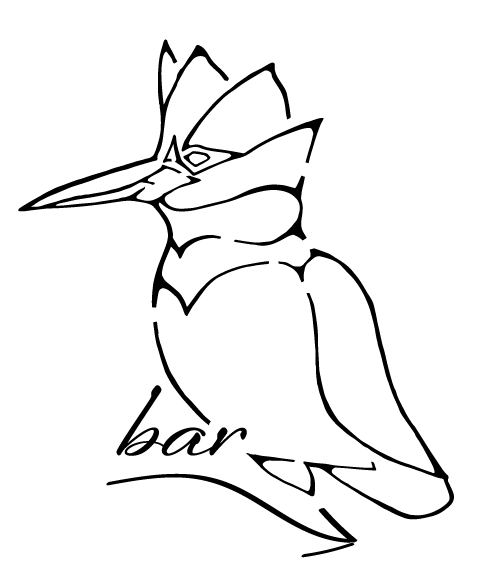Overcoming the Fragility of Family Farming
We sourced Celeste and English Brown Turkey figs from Okfuskee Farm for our cocktails.
We often rely on labels like Organic or no-spray to tell the story of the farms we work with, but there is no single label to adequately describe Okfuskee Farm in Silk Hope, NC. Owners Bronwyn and Bobby Tucker steward their property using permaculture and agro-ecological principles, including ecological site planning, water-focused design, bio-diverse and integrated livestock farming, no-till organic vegetable production, and agroforestry.
Bronwyn describes Bobby as a visionary. She often tells him, “I can’t envision that, but I trust you.” He is a systems-thinker with an engineering background.
On this farm, what may look like a humble field scattered with trees, upon closer look, is a thoughtfully designed ecological system. Long contoured rows are planted with diverse native species, some of which produce edible crops like chestnuts and goumi berries. A swale-berm system of low and high elevation uses natural principles to irrigate and drain the trees. With this agroforestry design, Bronwyn and Bobby can take a hands-off approach, relying on animals to manage the land through grazing and eliminating the need for irrigation.
Bronwyn always respected farming, but she never expected to do it. “I married into an established farm,” she explains. At the time, Bobby was farming full-time and focusing on labor-intensive vegetable production. He admits, “I was burning out when I met Bronwyn.”
Over time, they have made an intentional shift together as their perennial crops matured and became fruitful, and their family grew too. They have always worked off-farm jobs to provide financial security and consistent income, but each has adjusted their work to accommodate more flexibility with scheduling and time at the farm. They have transitioned from the demanding schedule of market farming and Community Supported Agriculture (CSA) to growing more for themselves and wholesale markets, which has improved their quality of life.
The security of off-farm work has allowed them to experiment more on the farm, using animals to manage the land and intermittent manual labor. They grow a lot of food for their family, and some to sell, without a lot of inputs. Bobby explains, “Our system is more like ecosystem first, food and farmer second.”
With two kids and a baby on the way, Bronwyn and Bobby are working on a model to deal with the fragility of family farming. “I have to check in with myself about the sacrifices that come along with the reward of this lifestyle,” Bronwyn says. “There is always something to do, always some food to be put up.” It can be hard to imagine others taking a last-minute trip or having nothing to do on the weekend.
She continues, “Sometimes I have to remind myself that compared to the rest of the world, I actually don’t have that much work to do.”
In practical terms, Bobby explains that there is a minimum scale to overcome for efficiency of agroforestry and pastured livestock. With farmers aging and selling off land, they envision a development project to keep larger pieces intact by bringing together multiple people to co-own land.
They are also interested in the human element of living in community. “I’ve thought about this so much during COVID,” Brownyn says. “We’ve all been in our little spaces, wouldn’t it be nice if you had your own small village with your community and land?”
